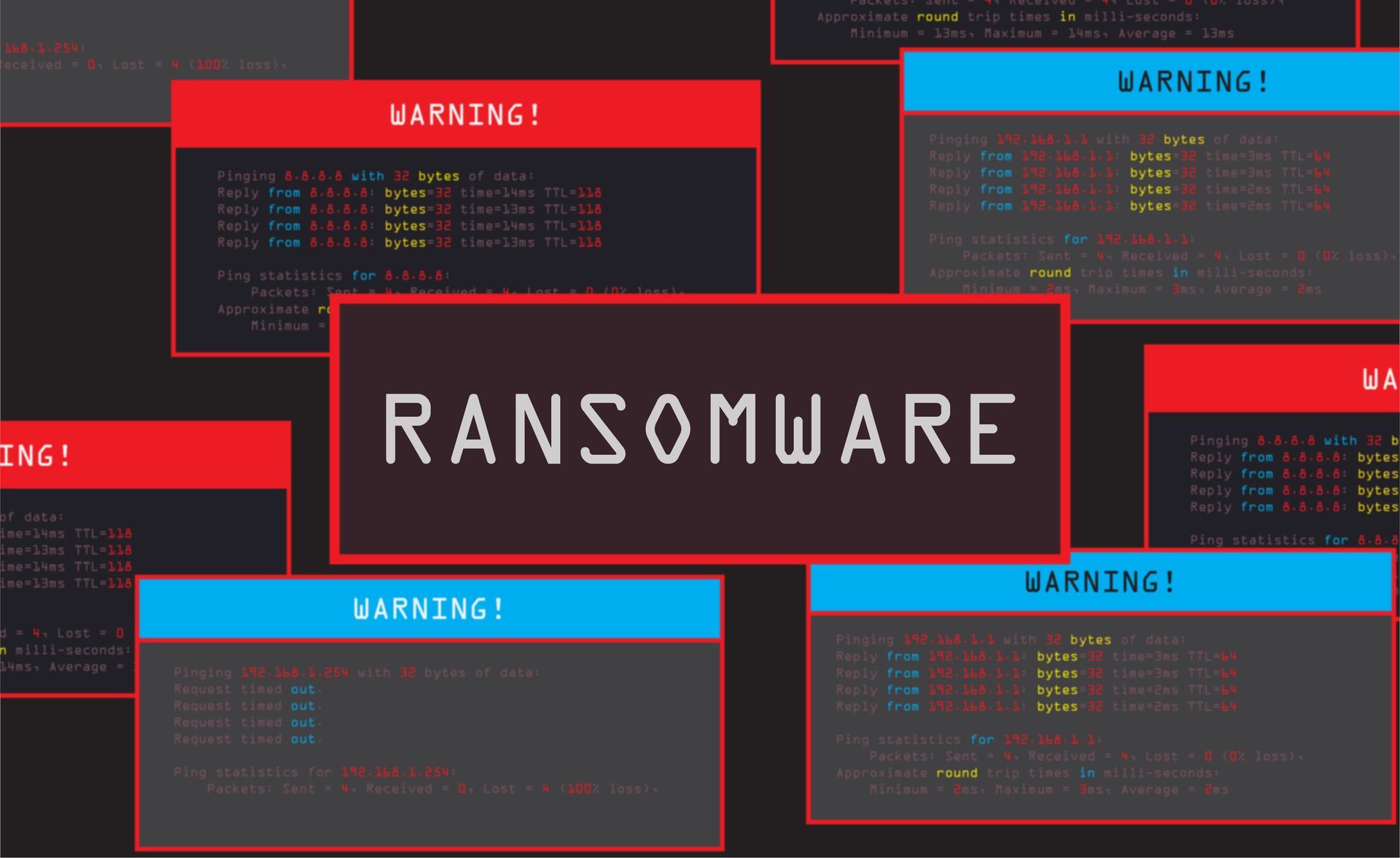Recent Cyber Security Breaches: On The Border, Vistaprint and More
As a managed IT service provider it is important to us to make sure to stay in know about the latest cyber security breaches. Every few weeks we like to share our findings with you here on our blog. Please take a peek below to learn more about some of the most recent cyber attacks.
On The Border
Casual Restaurant Chain
The Hack: Malware attack
Summary from Kevin Lancaster: “Hackers installed malware on the restaurant’s payment processing platform, which provided access to customers’ payment information from locations across 27 states. The attack occurred between April 10th and August 10th, and it did not include franchised restaurants or catering orders. Unfortunately, the breach wasn’t discovered until November 14th, giving hackers ample time to misuse customers’ personal information and financial data.”
Read More Here >> On The Border Reports A Data Breach
New Jersey Shakespeare Theatre
Theatre company dedicated to Shakespeare and classical works
The Hack: Ransomware attack
Summary from Kevin Lancaster: “A ransomware attack has disabled the company’s access to its ticketing system and patron database. The attack arrives as the company is scheduled to begin its holiday production, a significant draw for the theatre. The first showing was cancelled while the company developed an alternative ticketing method. Fortunately, customer data was fully encrypted and not viewable by hackers, but the Shakespeare Theatre also can’t access this information. In response, customers are being asked to bring confirmation emails or ticket stubs to the performance so that the show can go on.”
Read More Here >> Ransomware Writes Drama at Shakespeare Theatre
Mixcloud
Audio Streaming Platform
The Hack: Exposed database
Summary from Kevin Lancaster: “The music streaming platform failed to secure a database containing customer data, and that information was quickly shared on the Dark Web. Embarrassingly, the company was notified of the error by the media who were contacted by the hackers who stole the information in early November. Now, Mixcloud has to contend with a deluge of public criticism as well as a cadre of angry customers who are upset that their personal information is available for purchase on the Dark Web.”
Read More Here >> Mixcloud data breach exposes over 20 million user records
Great Plains Health
A North Platte Hospital
The Hack: Unauthorized database access
Summary from Kevin Lancaster: “A ransomware attack disrupted many services at Great Plains Health, including email and other internal communication technologies. As a result, the healthcare provider has cancelled some procedures and appointments, while continuing to provide emergency services as needed. Whether Great Plains Health ultimately decides to pay the ransom or to attempt a recovery from backups, the result will undoubtedly be expensive. Especially when coupled with the opportunity cost and reputational damage that accompanies a data breach, the consequences of a ransomware attack can be financially devastating and long-lasting.”
Read More Here >> North Platte Hospital Reports Ransomware Attack
Vistaprint
Small business marketing product provider
The Hack: Exposed database
Summary from Kevin Lancaster: “Vistaprint left an unencrypted database exposed, allowing anyone to access information related to customer service calls, chats, and emails. After the company was publicly alerted to the oversight on Twitter, they brought the database offline. The database has been exposed since November 5th, giving cybercriminals extensive access to sensitive customer data. At the very least, the episode was embarrassing for Vistaprint, which was exposed in a public forum and forced to issue a public notification of their poor data management standards. This hard-to-quantify reputational damage can be an impediment to businesses operating in competitive, digital spaces where customers are increasingly unwilling to do business with companies that can’t protect their data.”
Read More Here >> Vistaprint left a customer service database unprotected, exposing calls, chats and emails
Solara Medical Supplies
Supplier of diabetes-related treatment products
The Hack: Compromised email account
Summary from Kevin Lancaster: “An unauthorized third-party gained access to several employee accounts containing patient and employee data. The breach was first discovered on June 20th, and the compromised data was exposed between April 2nd and June 20th. In response, the company reset account passwords, and Solara is updating its policies to ensure that a similar scenario doesn’t occur again in the future. Unfortunately, such maneuvers won’t help patients whose data was already stolen in the breach. Moreover, the company’s lengthy response time will certainly invite increased regulatory scrutiny while giving consumers fodder for criticism during the recovery effort.”
Read More Here >> Medical supplies company alerts patients, employees of data breach
To learn more about how to keep your company safe and secure, click here to explore our San Diego IT Services & IT Security plans that are offered by SDTEK.
The post Recent Cyber Security Breaches: On The Border, Vistaprint and More appeared first on SDTEK | San Diego, CA.



